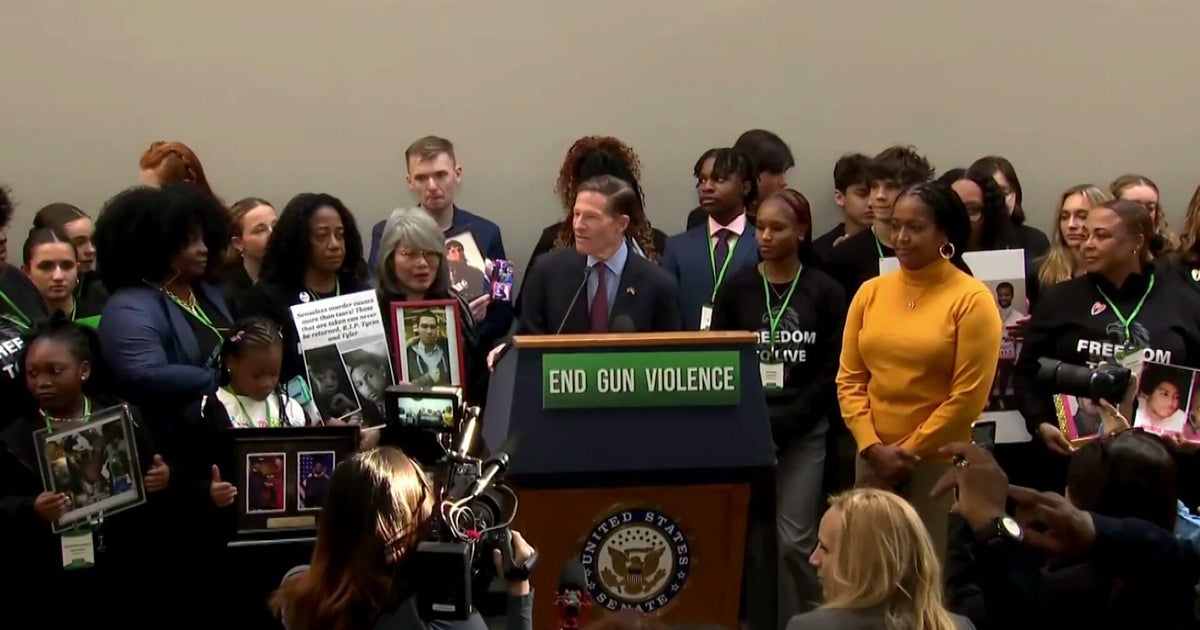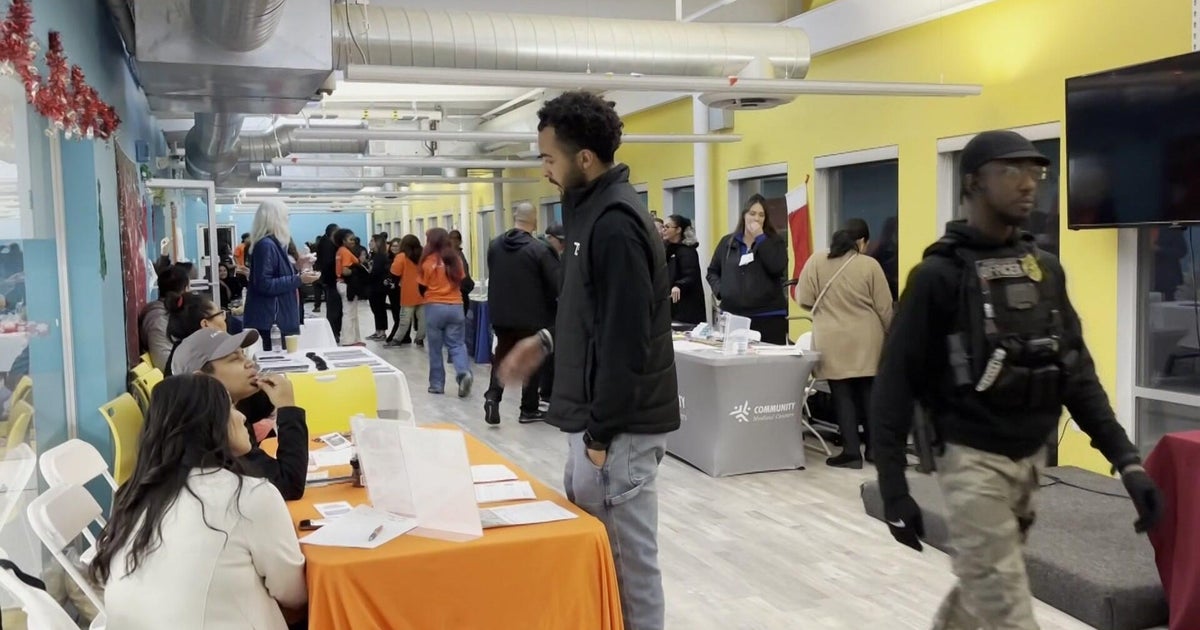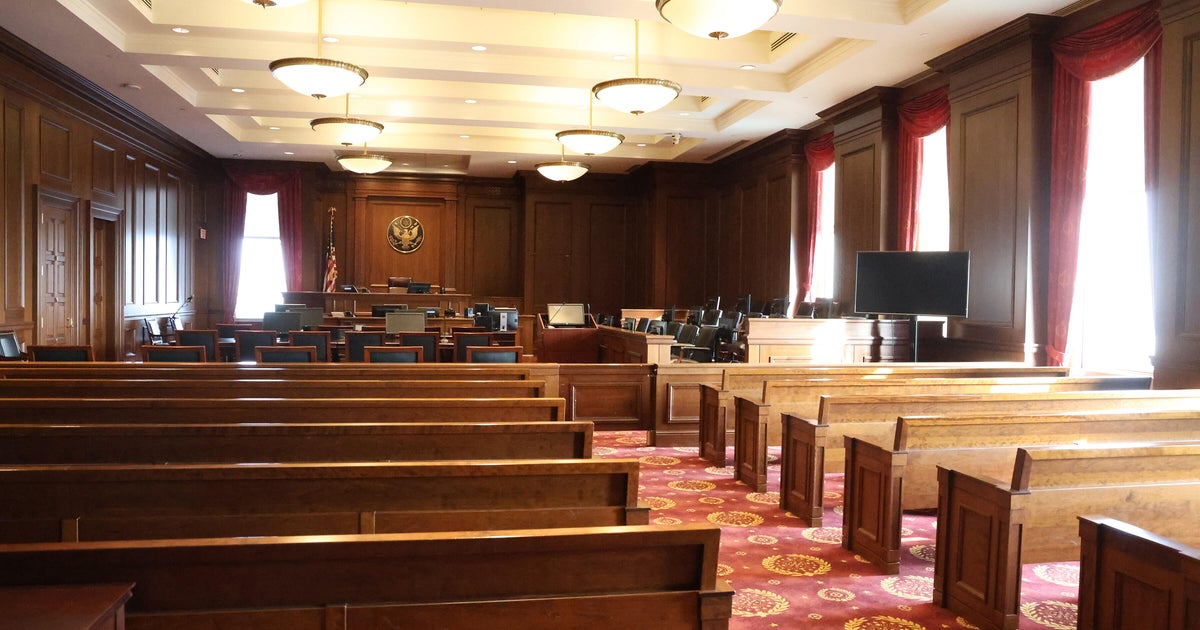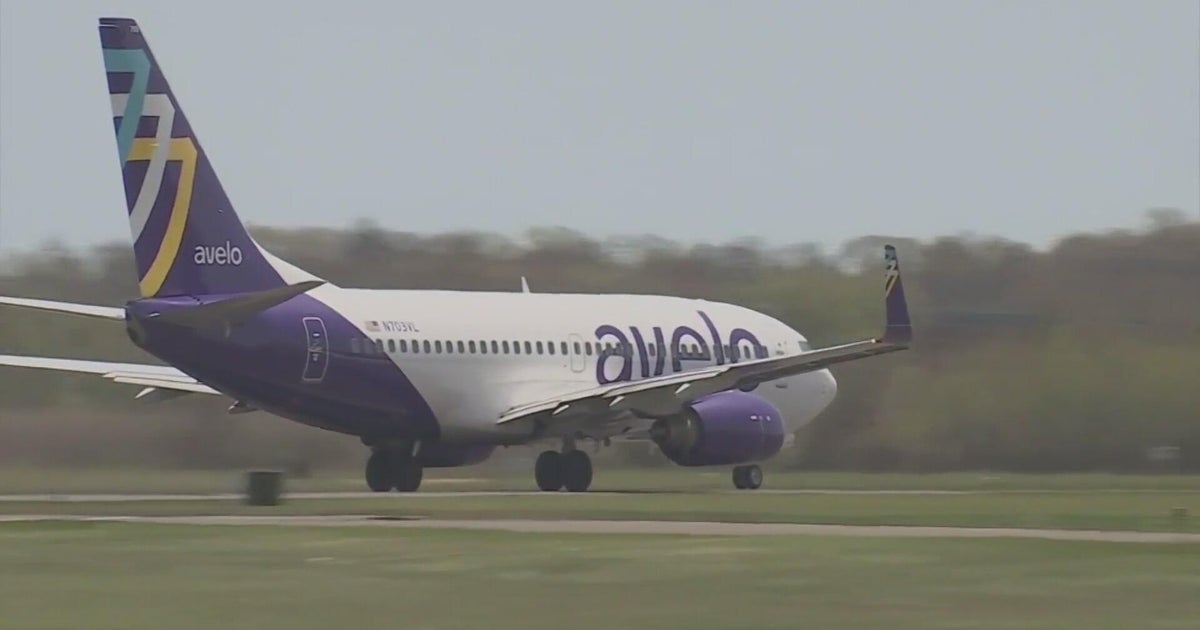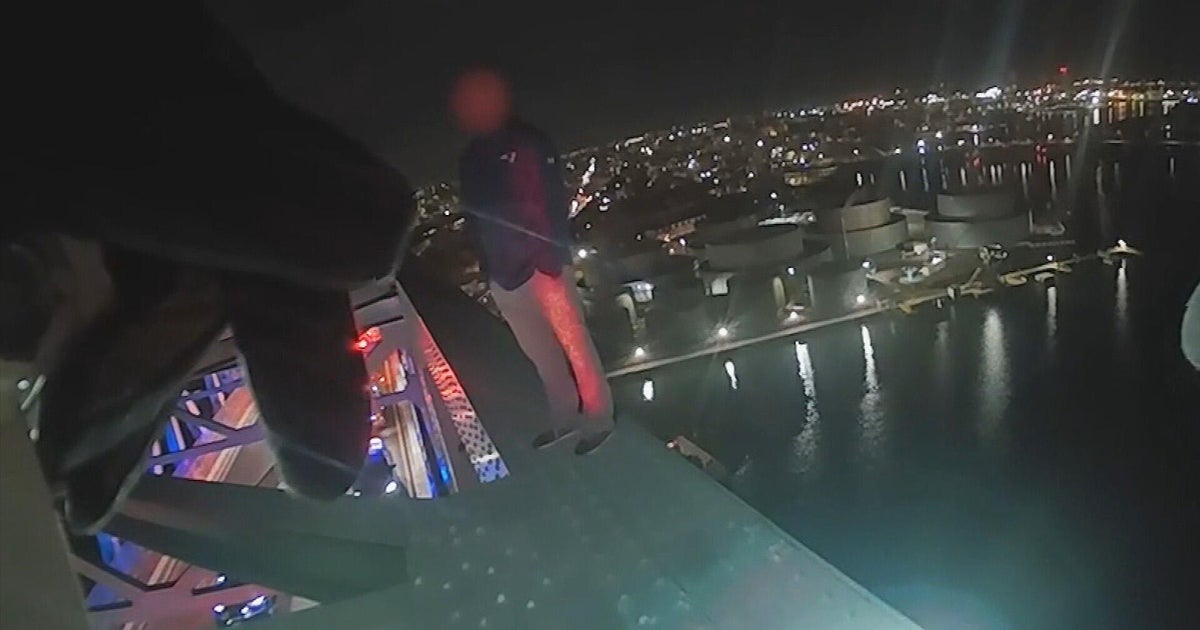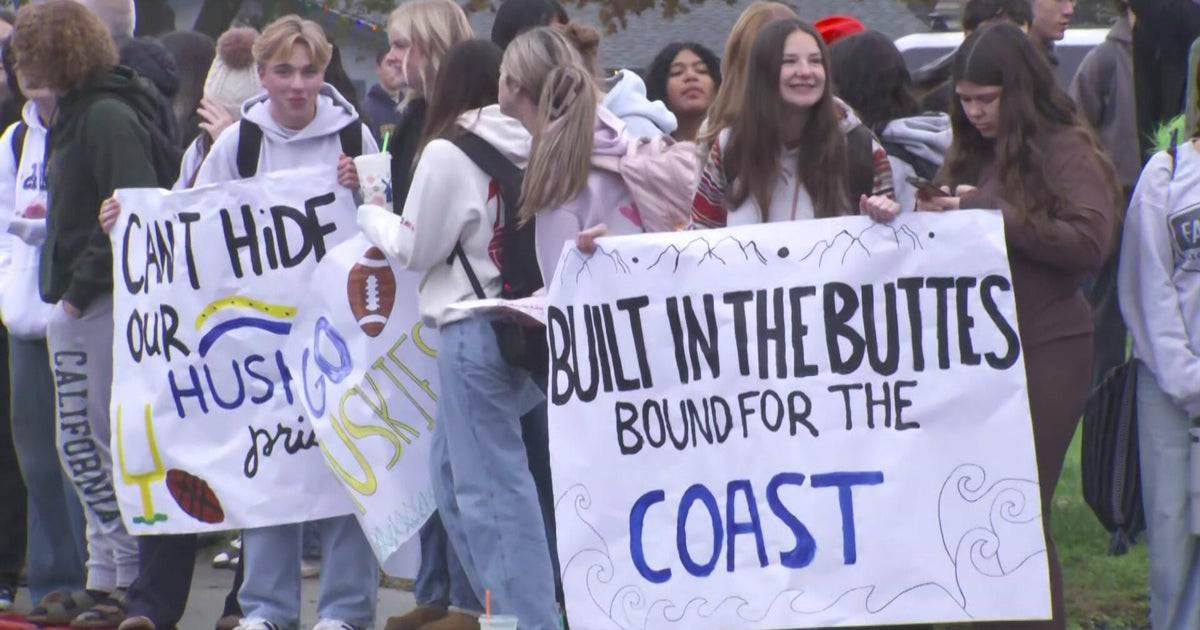Advocates: Baltimore's children are traumatized before they experience gun violence
BALTIMORE -- Healing is at the heart of the crisis among Baltimore's youth, and advocates who specialize in that work say it's going to take the entire community to save children who only know how to operate in survival mode.
Many of Baltimore's children have lost a friend to violence.
"Family members, teachers, and we know that about 85% of kids—by the time you're 18 in Baltimore—have experienced at least one trauma," clinical social worker Kyla Liggett-Creel said.
These traumatic experiences have become normal for young people growing up in Baltimore.
"It's really mental health at the core of it all," Healing City Baltimore Director Kim Lagree said. "I grew up right here in Baltimore city, grew up in west Baltimore and have experienced lots of what our youth claim to experience today."
Children in the city experience a non-stop barrage of shootings that have this year led to the death of at least five teenagers. Most recently, a 16-year-old boy was killed near Patterson High School, which he attended as a student.
But advocates say the real trauma happens to the children before the trigger is ever pulled.
"Childhood traumas and things like that as you are growing up, you are literally trying to survive," Lagree said. "You are literally trying to make sense of not what has happened to you but what is still happening ,and still trying to be a good student, and still trying to be a good human being, and the expectations society places on you like this, it's quite honestly unrealistic."
Lagree is a West Baltimore native. She said people need to focus on healing the mental health of the children who are simply reacting to the socio-economic disadvantages that have been documented in the Black community for decades.
Liggett-Creel said people have to approach the issue with healthy skepticism, outrage, and a position of hope and action.
"I think we need to look at this as it's a healing-centered city," Liggett-Creel said. "Meaning that, yes, these traumas continue to happen, but as a city, we are coming together to try to offer support and do the work of healing in a community."
Advocates say that while it's important to hold law enforcement officers and elected leader accountable, there is also a problematic question stirring at the community level. What can the community be doing to solve the problem?
"So, if you're sitting back and saying, 'Well, is this really working?' Then come out and be part of the solution," Liggett-Creel said. "Come out and help kids have safe environments where they can play, come out and help build playgrounds, come out to community events, come out and support people, young people going out and training in the schools."
Recently, the mayor's office granted the Baltimore Crisis Response with $1.5 million in funding. But advocates say there is much work to do, and there isn't a number that can be put on healing a city like Baltimore.

